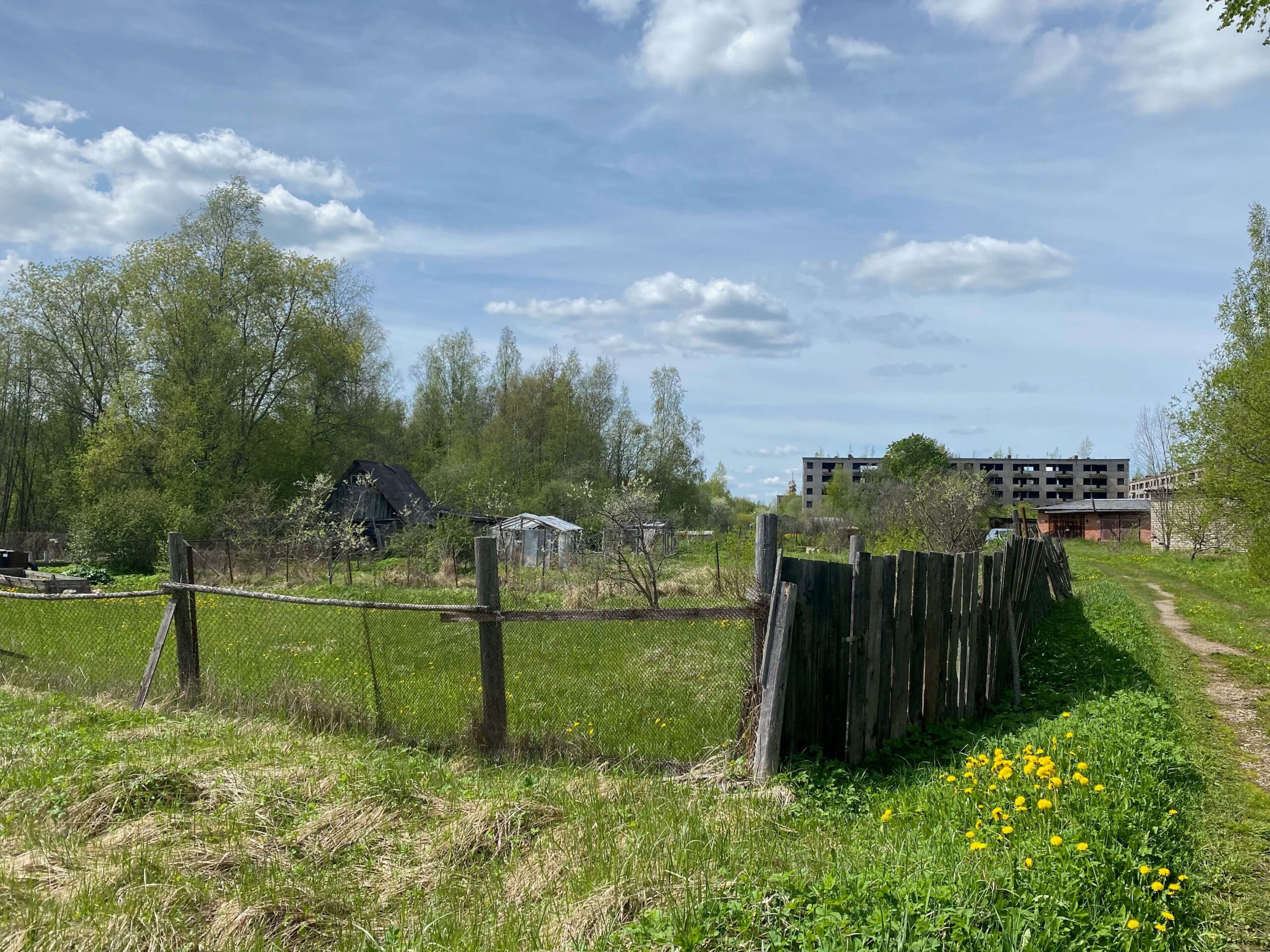‘European rurality: emptiness or abundance?’ roundtable at the Council of European Studies conference 2023
Project team members Dace Dzenovska (PI) and Zsuzsa Gille (Advisory Board member) participated in a roundtable entitled “European Rurality: Emptiness or Abundance?” co-organized by Guntra Aistara (Central European University) and Dace Dzenovska at the Council of European Studies’ 29th International Conference of Europeanists held at the University of Reykjavik, Iceland, 27-29 June 2023.
Roundtable description
Throughout Eastern Europe, rural residents lament the spread of ’emptiness’ as older inhabitants die, younger relatives move West for better socio-economic livelihoods, old farmhouses are abandoned, and Soviet infrastructure crumbles (see Dzenovska 2020 and www.emptiness.eu). The emptying countryside is a translocal phenomenon not limited to Eastern Europe: it is recognizable from central Spain to rural Calabria, from former English resort towns to the French countryside. However, critics of these narratives point out that what seems empty to some is not empty to others, or that emptiness is not to be lamented bur rather celebrated. For instance, multispecies approaches encourage a new attentiveness beyond the human, noticing how other species may flourish where humans have left, creating regenerative possibilities in the ‘patchy landscapes’ left in the retreat of the state and the ruins of capitalism (see Tsing et al 2019; Aistara 2018). In the context of the climate change, where some see wastelands, ecologists may celebrate the return of abundant ‘nature’ and encourage a ‘rewilding’, or permaculturists may seize the opportunity to reinvent practices of low-input land management and sustainable living or renewable energy.
In this roundtable, we consider the analytical and political effects of shifting perspective from socio-economic towards socio-ecological networks in the analysis of emptying places:
- What assumptions and imagined dystopic or utopian futures are embedded in these different analytical entry points?
- Who are our subjects or on whose behalf do we think, speak, etc?
- At what scales – temporal and spatial – should we think about place and spatial configurations?
- What are Emptiness or Abundance as concepts a window into?
- What gets overlooked when these are treated as competing narratives?
- How can these perspectives be productively combined without the violence of erasing either people or other beings?
- How does the war affect the perceived landscapes of Emptiness or Abundance and what ecological crises do we see unfolding?
Roundtable panellists
Guntra Aistara, Central European University
Dace Dzenovska, University of Oxford
Zsuzsa Gille, University of Illinois
George Iordachescu, University of Sheffield
